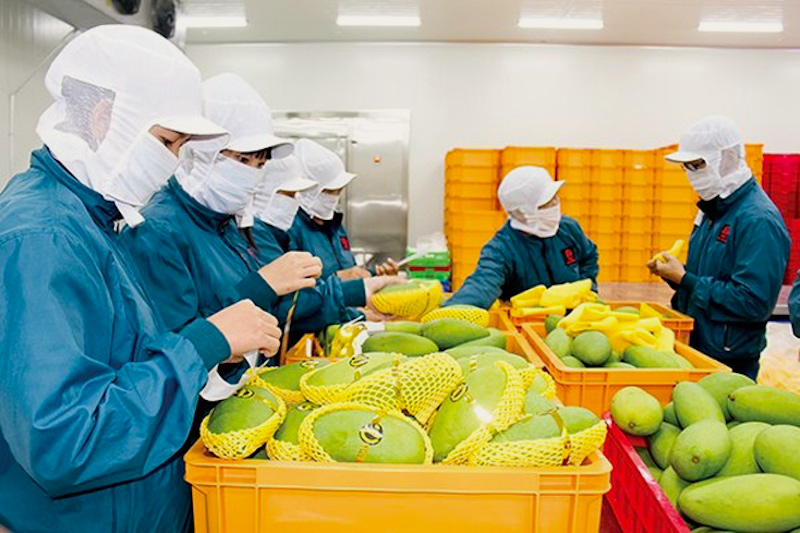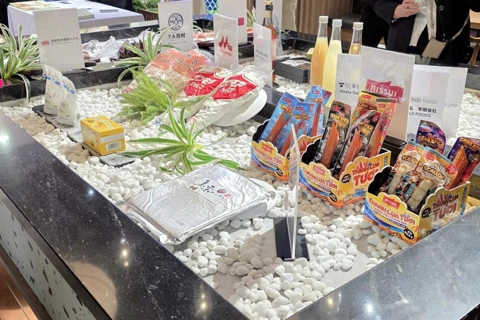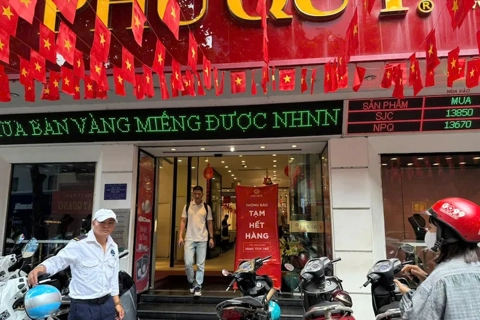Vietnamese agricultural exports to EU soar on EVFTA
The EU market requires Vietnamese businesses to overcome technical barriers and comply with regulations on quality, food safety, and traceability.
Exports of Vietnamese vegetables and fruits to the European Union (EU) have jumped after the EU-Vietnam Free Trade Agreement took effect as local companies strive to overcome many strict barriers.
| Vietnamese agricultural exports to EU meet strict barriers. Photo: Hanoimoi |
Positive signals
On September 17, the first batch of Vina T&T Group’s vegetables and fruits was shipped to the EU market. Nguyen Dinh Tung, general director of Vina T&T, told Kinh te & Do thi that to send the batch to the EU, their fresh coconut, dragon fruit and grapefruit must ensure traceability and Global GAP standards.
Besides, the group’s fruit processing and packaging factories have to apply a host of standards such as ISO, the food safety management system (HACCP), and thoroughly process products to comply with EU regulations. After this shipment, the company will export about 20 tons of fruits of different kinds to the EU market every week.
In 2020, the fruit and vegetable sector would earn around US$4.5 billion in export value, falling short of the US$5 billion target due to the sharp decline in demand from China, Vietnam's traditional buyer of fruits and vegetables. However, in the long term, the export turnover of these items will rise strongly, especially when Covid-19 is contained, and consumer demand in the EU will bounce back, said Secretary General of the Vietnam Fruit and Vegetable Association Dang Phuc Nguyen.
Satisfying European standards
The EVFTA has opened up opportunities for Vietnamese fruits and vegetables to enter the EU market if exporters surpass technical barriers and meet strict regulations on quality, food security and traceability.
Nguyen said any vegetable and fruit can be exported to the EU, however, it is important to make sure that there is almost no pesticide residue. Otherwise, the shipment would be returned, which would adversely affect the exporter itself and the entire Vietnamese fruit and vegetable industry.
EU importers always require traceability, so Vietnamese companies must prepare certificates of origin for all export consignments.
Jacques Poulain of the European Chamber of Commerce in Vietnam (EuroCham) recommended that, to seize the opportunities, the Vietnamese agricultural sector should make efforts and quickly comply with European standards in the context that the pesticide is still widely used by Vietnamese farmers. By practicing sustainable and clean agriculture, Vietnam can boost the export of fruits and other agricultural products to the EU in the future.
Import tariffs into the EU have been reduced, but there are always strict requirements on food quality and safety, so Vietnamese farmers and businesses must carefully learn to meet them, said Deputy Minister of Agriculture and Rural Development Le Quoc Doanh. To do this, Vietnamese companies must work closely with farmers to develop standard raw material zones that meet EU conditions.












